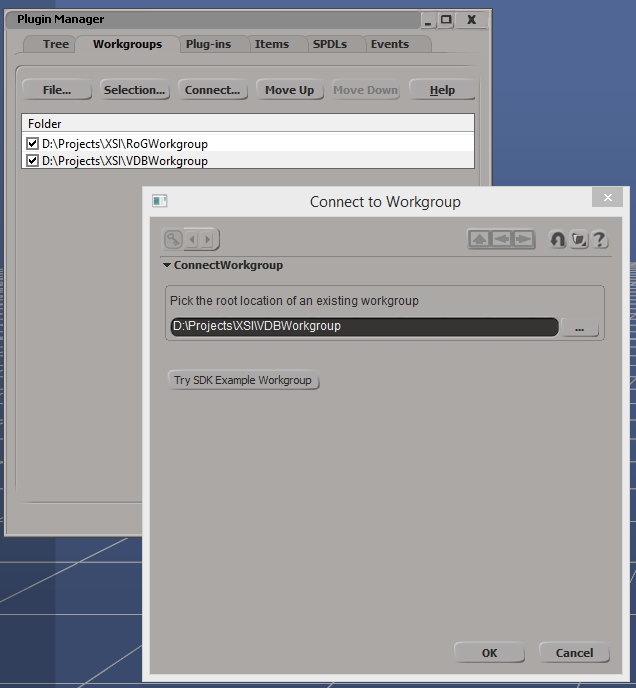Reality Check. What Is NVIDIA RTX Technology? What Is DirectX DXR? Here's What They Can and Cannot Do
NVIDIA and its partners, as well as AAA-developers and game engine gurus like Epic Games, keep throwing their impressive demos at us at an accelerating rate.
These feature the recently announced real-time ray tracing tool-set of Microsoft DirectX 12 as well as the (claimed) performance benefits proposed by NVIDIA's proprietary RTX technology available in their Volta GPU lineup, which in theory should give the developers new tools for achieving never before seen realism in games and real-time visual applications.
There's a demo by the Epic team I found particularly impressive:
Looking at these beautiful images one can expect NVIDIA RTX and DirectX DXR to do more than they are actually capable of. Some might even think that the time has come when we can ray trace the whole scene in real-time and say good bye to the good old rasterization.
There's an excellent article available at PC Perspective you should definitely check out if you're interested in the current state of the technology and the relationship between Microsoft DirectX Raytracing and NVIDIA RTX, which without any explanation can be quite confusing, seeing how NVIDIA heavily focuses on the native hardware-accelerated tech which RTX is, whist Microsoft stresses out that DirecX DXR is an extension of an existing DX tool-set and compatible with all of the future certified DX12-capable graphics cards (since the world of computer graphics doesn't revolve solely around NVIDIA and its products, you know).
So here I am to quickly summarize what RTX and DXR are really capable of at the moment of writing and what they are good (and not so good) for.
Redshift presentation at SIGGRAPH 2016
Just an FYI for those who missed Redshift team's SIGGRAPH 2016 presentation.
Great stuff, guys. Go Redshift!
What did you render with Redshift today?
VDB cloud with Softimage ICE and Redshift - a step-by-step tutorial
Since my first post about Softimage and OpenVDB was more of a brief overview than a tutorial, I decided to create a step-by-step guide on how to create a .vdb cloud-like grid with Softimage ICE using Mr.Core's (Oleg Bliznuk's) compounds and explain how they work on the way.

To follow the tutorial, download the compounds and connect the extracted workgroup in Softimage (File -> Plugin Manager -> Workgroups -> File -> Connect):
Create and render OpenVDB volume grids with Softimage and Redshift renderer
Note: a detailed tutorial is now available.
Since current version of Redshift requires OpenVDB-compliant voxel grids for its volume rendering, we need to somehow generate and export .vdb files from Softimage (not everybody has access to Houdini, you know).
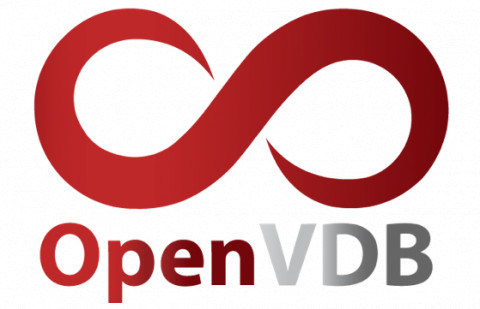
Thanks to user Mr.Core from SI Community we have a set of ICE-compounds to do just that.
Mr.Core provided compounds to voxelize particles and geometry as well as perform actions on .vdb grids and polygonize them.
Here's an example on how to make a vdb cloud in Softimage, export it to a file and render with Redshift:
Redshift v2 volume rendering samples
Tried it. Amazed. Can't stop playing with the new Redshift! Volume rendering works like a charm with blazing speeds even with brute force GI enabled with about 500 samples! Crazy!
Tell me those are not some pretty clouds:
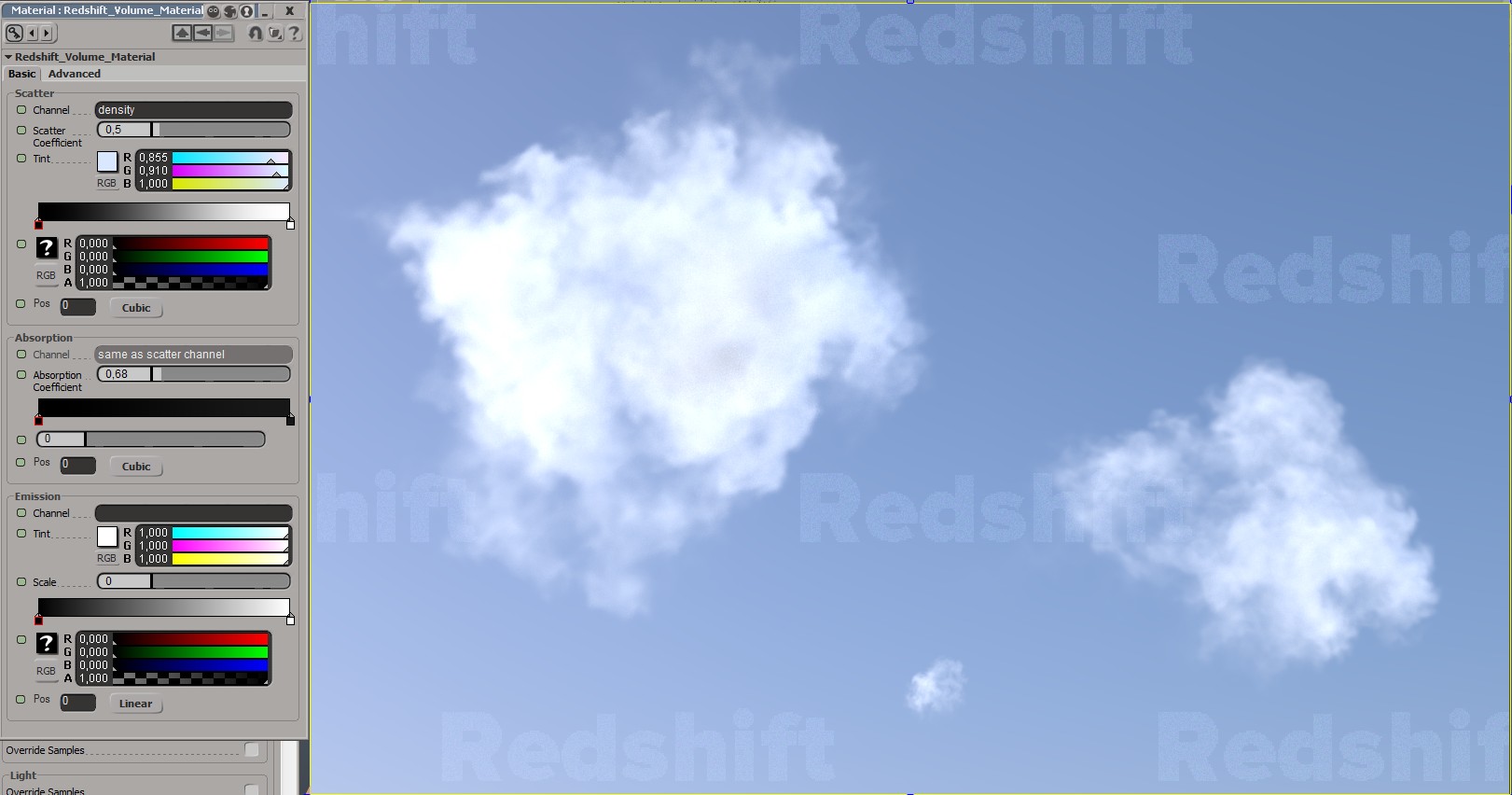
And this is not some heavy but oh so beautiful cloud of thick smoke:
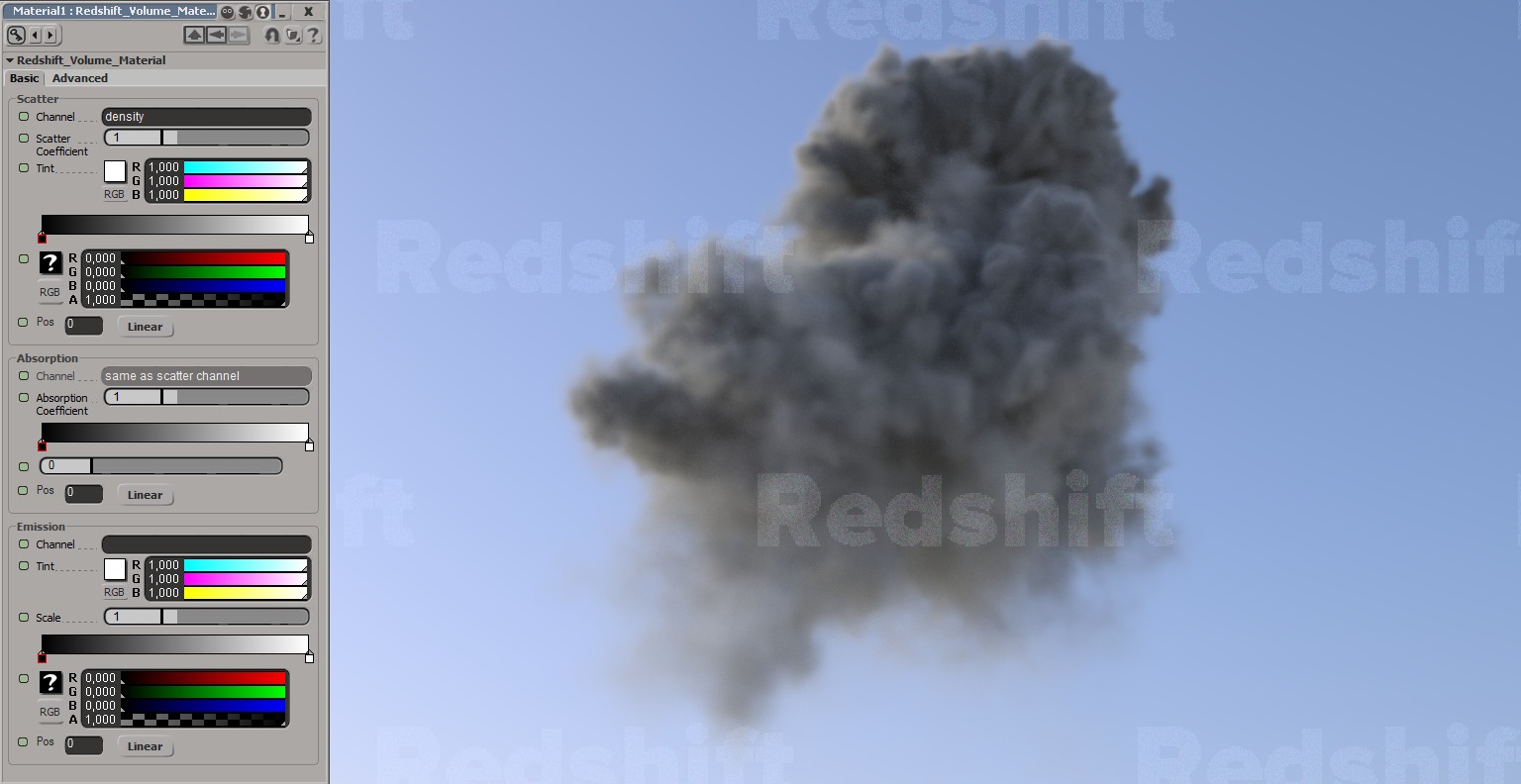
Each of these renders took about 10 seconds on my nVidia Geforce GTX 970. Mind you this is not a powerful GPU anymore! According to preliminary tests GTX 1080 is twice as fast! Put four of those babies inside one big tower, grab a copy of Redshift and you've got your very own render farm that can render anything and fast! At least that's what I will do when the time comes to render the movie out.
Well, it's official. Redshift renderer is the best GPU rendering engine on the market! Well done guys!
And let me also thank Redshift team for supporting Softimage folk. You guys deserve a medal for this.

Redshift v2 demo available
After a long period of beta-testing version 2.0.44 of Redshift has finally been made available for everyone to try and play with.
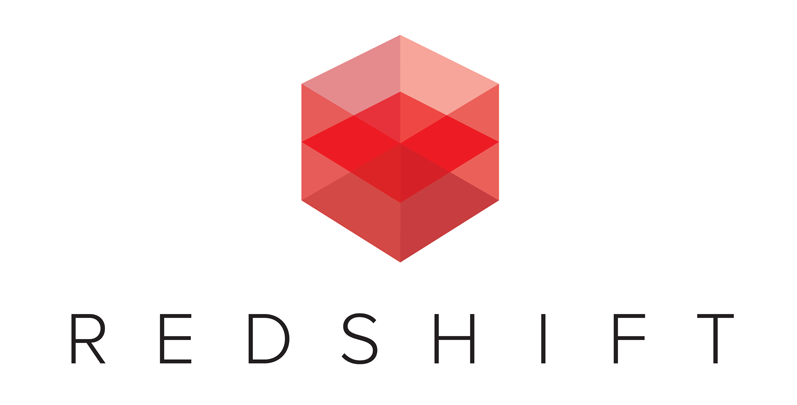
If you don't know what Redshift3D is, it's a biased GPU renderer unlike many other GPU path tracers out there. To put it simply - it's like a supercharged VRay with all biased goodness like irradiance caching, photon mapping and precalculated SSS. Together with the new OpenVDB support it all makes Redshift a blast to work with.
Literally.
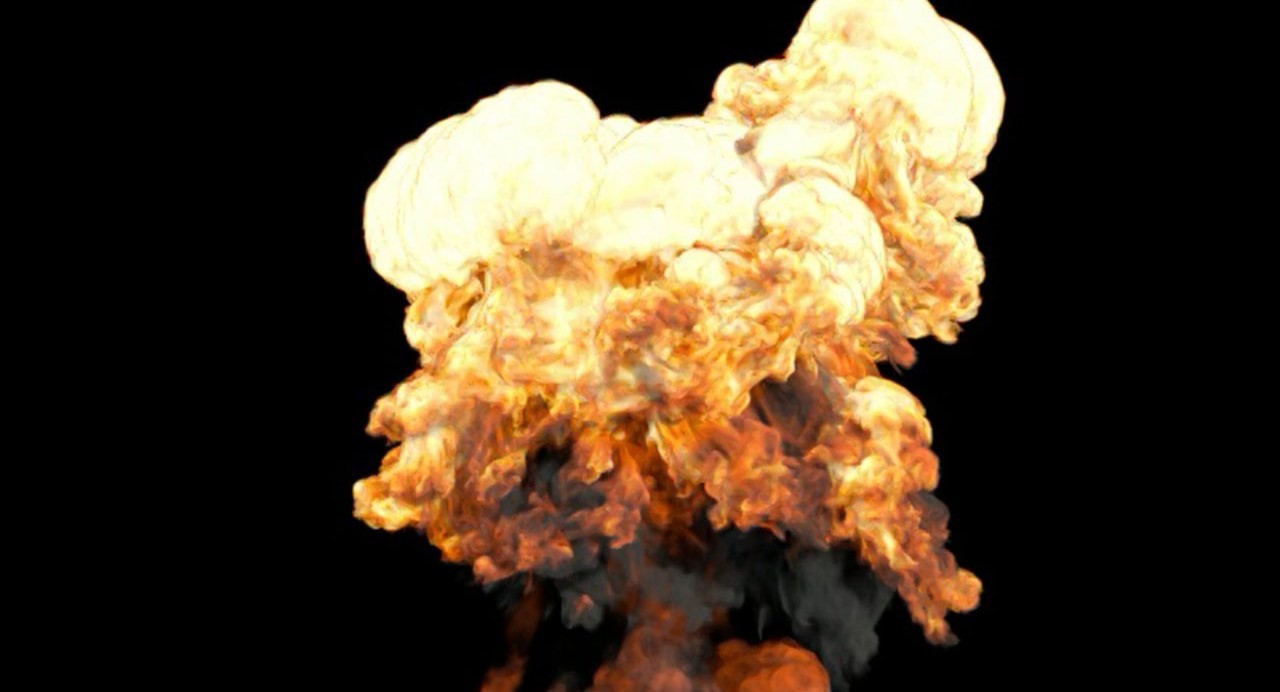
Here's what's new in 2.0 VS 1.3:
All V1.3 features PLUS:
- New “Redshift Material” which more closely follows the PBR paradigms (“metalness”, etc)
- New specular BRDFs (on top of the Ashikhmin-Shirley): GGX and Beckmann (Cook-Torrance)
- Nested dielectrics
- Multiple dome lights
- Baking
- Dispersion (part of the Redshift Material)
- OpenVDB Support
- Improved multiple-scattering model (part of the SSS, Skin and Redshift Material)
- Single scattering (part of the Redshift Material)
- Support for alSurface shader
- Linear specular glossiness/roughness response
- Improved photon mapping accuracy for complex materials
- Physically-correct Fresnel for rough reflections
- New SubSurfaceScattering and SubSurfaceScatteringRaw AOV types
- AOV improvements for blended materials
- NVidia Pascal GPU (GTX1070/1080) support
- Automatic memory management
- Better importance sampling of bokeh images
- Texture reference object support (Maya)
You can join the discussion on the official Redshift forums.
Blizzard uses Redshift to render Overwatch shorts
Did you know that Blizzard used Redshift3D to render some of those Overwatch animated short films? The ones titled "Recall" and "Alive", to be specific.
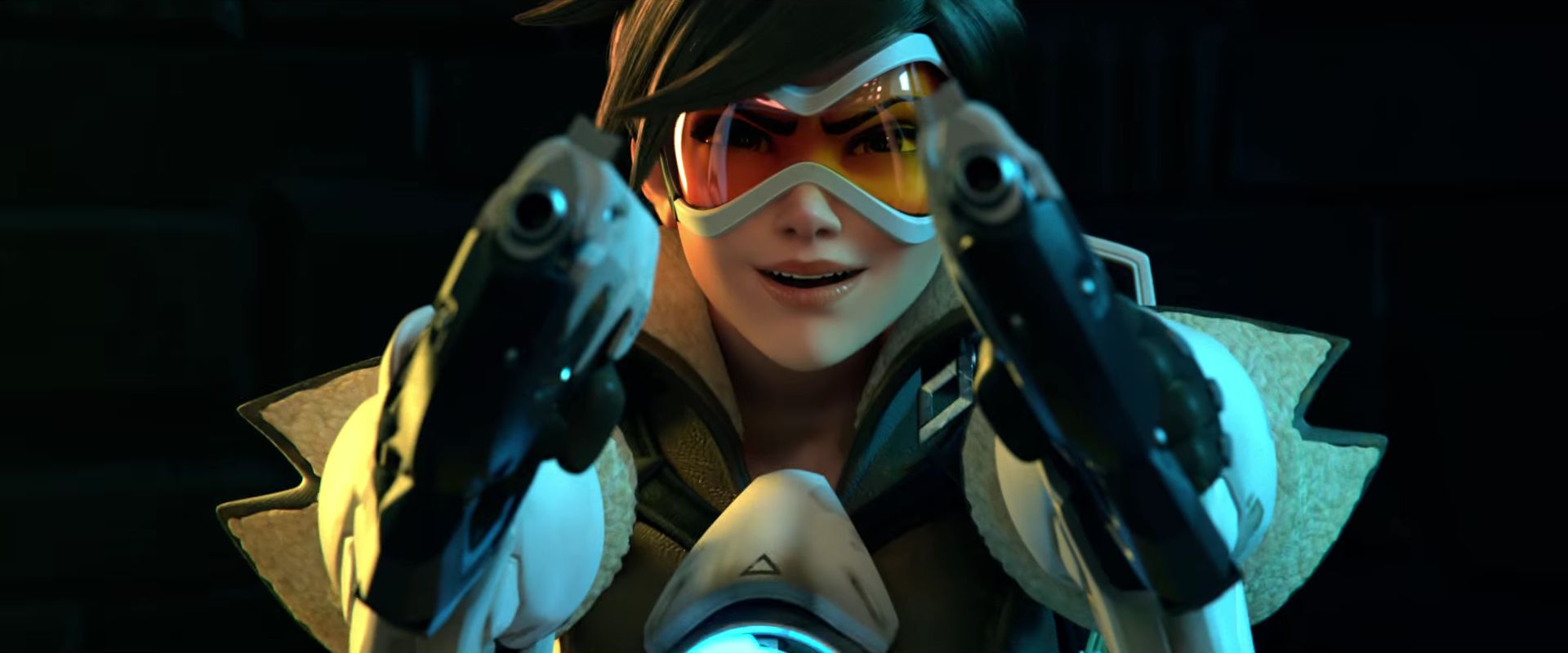
Things are starting to look better and better for Redshift. I myself am planning to use the renderer to produce a short film I'm currently working on. More info on that later.
